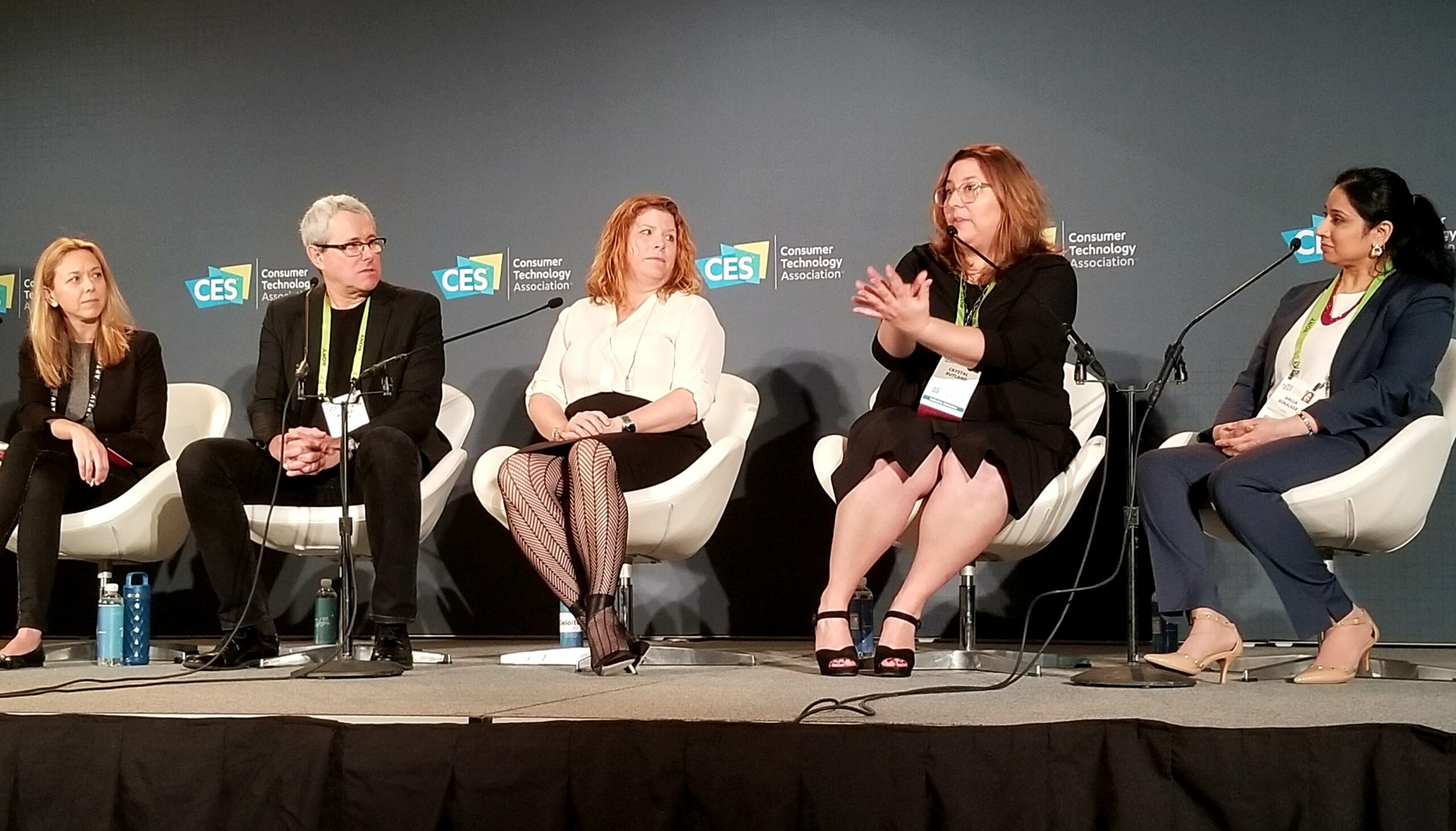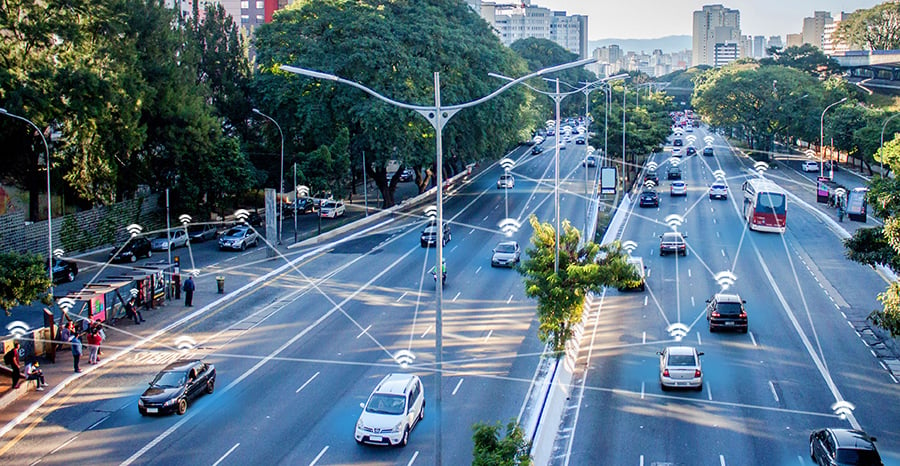
January 14, 2019
CES 2019 Recap: The Technologies and Ideas Shaping Cities
#CES2019 provided insight into how city governments and the private sector are reimagining the urban landscape, especially vis-a-vis transportation.

This past year had no shortage of tech scandals. So, when it came time for CES, Metropolis wondered: Would companies and industry experts take a more circumspect approach to smart cities, Autonomous Vehicles (AVs), and other high-tech urban infrastructures?
The answer was certainly a “yes.” Many panelists and audience members highlighted the dangers of a “digital divide” (i.e. how a lack of technology infrastructure and expertise in certain communities can exacerbate socioeconomic inequalities), as well as the challenges of data privacy and cyber security. Last year’s bullish predictions on AV acceptance waned a bit—there was frequently more acknowledgement of the technical and legal hurdles that remain. Similarly, booster-ish claims that troves of urban data (gathered from cities’ Internet-of-Things sensors) would be a panacea also abated.
Instead, discussions were more focused on present-day realities and the sobering challenges that technology is creating for cities. For example, one panel emphasized how the arrival of AVs could be disastrous if consumers continue to prefer personal vehicles. Another panel highlighted the importance of invisible, un-sexy infrastructure: namely, 5G cellular networks and their potential to enhance transportation and urban data-gathering.
Metropolis also sat down with two experts—Seleta Reynolds, general manager of the Los Angeles Department of Transportation (LADOT), and Nithin Rao, cofounder of Ford Smart Mobility subsidiary Autonomic, to gain further insight into the transportation field. Reynolds explained how her agency is building tools that will help government manage and collaborate with private-sector “mobility providers” to create a more efficient and equitable city. Meanwhile, Rao described how Ford is building an expansive digital platform that will let tech companies create a new multi-modal transit system—what he and others call a “transportation ecosystem.”
While there are certainly road bumps and perilous turns ahead, it was refreshing to see more nuance surrounding these “disruptive” technologies. Hopefully next year’s show will bring more of the same. See below for all of Metropolis’s CES 2019 coverage.
You may also enjoy “Gensler Creates a Showcase of Sustainable Design Near Shanghai.”
Recent Viewpoints
Viewpoints
Navigating the Path to Net Zero








